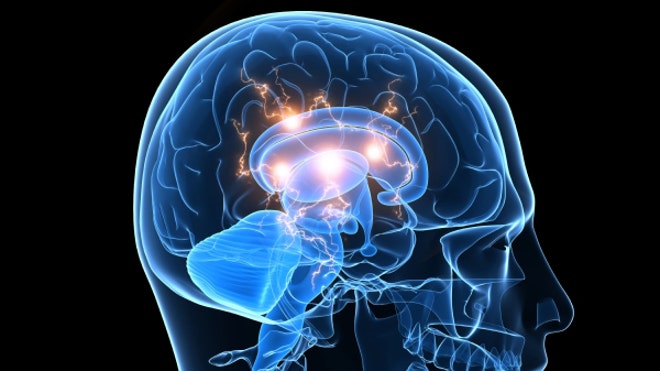By Loren Grush / Published May 21, 2013 / FoxNews.com

The most recent revision of the Diagnostic and Statistical Manual of Mental Disorders (DSM) has arrived, and the latest changes have caused divisions among those in the psychiatric community.
Often touted as the psychiatrist’s “Bible,” the DSM is published by the American Psychiatric Association and establishes the almost universal standard by which doctors classify, diagnose and ultimately treat mental disorders – making it an essential part of the psychiatric profession. The DSM is utilized not only by clinicians, but researchers and health insurance companies as well. Even government officials take interest in the DSM’s criteria in order to determine grant funding, insurance coverage and new health care policies.
The latest version is the DSM’s fifth edition, and it is the manual’s first major revision in nearly 20 years since the publication of the DSM-IV in 1994. The DSM-5’s release brings some radical new changes, which have been met with both praise and disgust from mental health professionals. Some of the most highly debated changes include the elimination of Asperger’s disorder and the addition of a few new controversial conditions such as cannabis withdrawal, gambling addiction and the highly contested disruptive mood dysregulation disorder (DMD).
So what do these changes mean for those currently dealing with mental health disorders? Read on to learn more about the DSM-5’s biggest changes and the possible impact they may have on mental health care.
Combination of autism spectrum disorders into single category
One of the most publicized changes in the DSM-5 involves grouping all of the subcategories of autism into a single category known as autism spectrum disorder (ASD). This move effectively eliminates previously separate diagnoses of autism – including autistic disorder, Asperger’s disorder, childhood disintegrative disorder and pervasive development disorder “not otherwise specified” (PDD-NOS).
This merging of categories creates a “sliding scale” for autism, meaning individuals will be diagnosed somewhere along the autism spectrum, given the personal severity of their symptoms. Many parents and health care providers have speculated that this transformation may end up excluding some of those already diagnosed with an autism disorder, like Asperger’s or PDD-NOS.
“I think (exclusion from the spectrum) frankly yet to be determined, but if anything, the specificity is going to go up, meaning the false positives are going to be less likely,” Dr. Alexandar Kolevzon, associate professor of psychiatry and pediatrics at Mount Sinai Hospital in New York City, told FoxNews.com. “This universe of people with PDD-NOS – it’s possible that some of those patients may no longer meet those criteria. Some of the debate revolves around Asperger’s, but it seems to me that most people diagnosed with Asperger’s will still be on the autism spectrum.”
Over the past decade, the United States has seen a striking increase in the amount of autism diagnoses, with the Centers for Disease Control and Prevention estimating that one in 88 children suffers from an autism spectrum disorder. According to Kolvezon, numerous epidemiological studies have found that the majority of children accounting for this incidence are those with PDD-NOS – a diagnosis given to those with communication issues and pattern behavior but who do not meet the full criteria for autism or another pervasive developmental disorder.
Kolevzon said it’s possible that over-diagnosis of PDD-NOS has led to this increase in autism spectrum disorder cases.
“What happens in the community is that the diagnosis of autism spectrum disorder virtually guarantees a whole host of therapies – such as speech therapy, occupational therapy, behavioral therapy, and potentially physical therapy,” Kolevzon said. “Theoretically, it’s possible that community providers and clinicians are incentivized to label kids with PDD-NOS, because it would make it more likely to receive appropriate services.”
The autism spectrum disorder scale will further refine the way providers diagnose autism, Kolevzon said, by recognizing differences from person to person rather than trying to generalize them into one of four categories.
...
Read more: http://www.foxnews.com/health/2013/05/21/dsm-5-is-here-what-controversi…